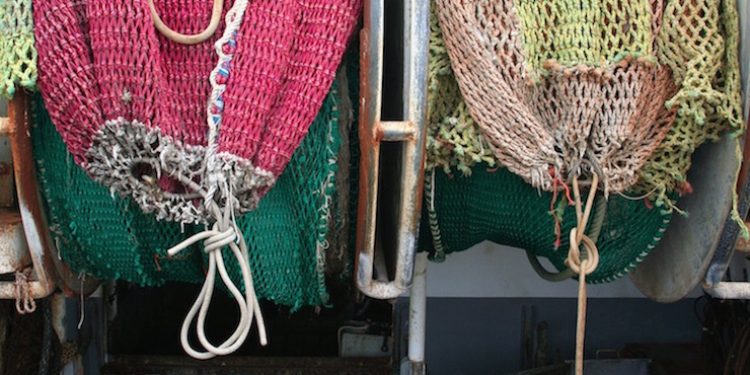A study carried out for the European Commission has compiled data and information on fisheries subsidies within six of the world’s major fishing countries: Japan, South Korea, Taiwan, China, Russia and the United States, and EU commissioners have reiterated that damaging subsidies must be ended.
The study finds that subsidies for catch fisheries play a significant role in China, Taiwan, Japan, the US and South Korea. Aquaculture subsidies are the highest in Russia and China. The most substantial subsidies go towards research, infrastructure, fuel (China) and insurance (Japan).
The European Union is pushing to ban harmful fisheries subsidies that contribute to unsustainable fishing, in line with the United Nations Sustainable Development Goal 14, which calls on the world to conserve and sustainably use the oceans. The EU regards the two most damaging types of subsidies as being those that increase the fish-catching capacity of fleets and those for fishermen who engage in illegal fishing activities.
The EU has proposed to relaunch negotiations within the World Trade Organisation to end these types of aid. Commissioner for the Environment,
‘The international community already agrees that the problem needs to be addressed. Last year’s adoption of the United Nations Sustainable Development Goals by Presidents and Prime Ministers set an unambiguous target. Governments are to prohibit – through the WTO, and by 2020 – “certain forms of fisheries subsidies which contribute to overcapacity and overfishing, eliminate subsidies that contribute to illegal, unreported and unregulated fishing and refrain from introducing new such subsidies,”’ state EU commissioner for Maritime Affairs and Fisheries, Karmenu Vella and Commissioner for Trade Cecilia Malmström.
‘Our task is clear – we need to transform this commitment into effective, targeted global action. Our priority at this moment must be to address the two most harmful types of subsidies,’ they say, commenting that the first of these are subsidies that increase the capacity of fleets to catch fish, since they directly lead to overfishing.
‘These co-called “capacity enhancing” subsidies represent the majority of funding to fishing activity, according to estimates almost 60%. As a result, the global fishing fleet is far too large to ensure sustainable fishing.’
The second are the subsidies granted to fishermen who engage in illegal, unregulated or unreported (IUU) fishing, resulting in the depletion of fish stocks and the devastation of natural habitats.
‘The rules the European Union is proposing would target exactly these kinds of subsidies,’ they say.
‘Taking decisive action does not mean ignoring the needs of fishing communities in least developed and developing countries. Fishing is a source of subsistence and income for many, and an integral part of the daily life and traditions of communities worldwide. It is therefore crystal clear that we need to avoid a one-size-fits-all approach. While the rapidly growing capacity of industrial fleets needs to be addressed, subsistence fishing needs to be protected. Developing countries must also be allowed to build up their fleets, as long as the main objective of safeguarding sustainable global fisheries is protected,’ state commissioners Vella and Malmström.
‘So our EU proposal foresees flexibility for developing countries, while ensuring the sustainability of fisheries globally.’









